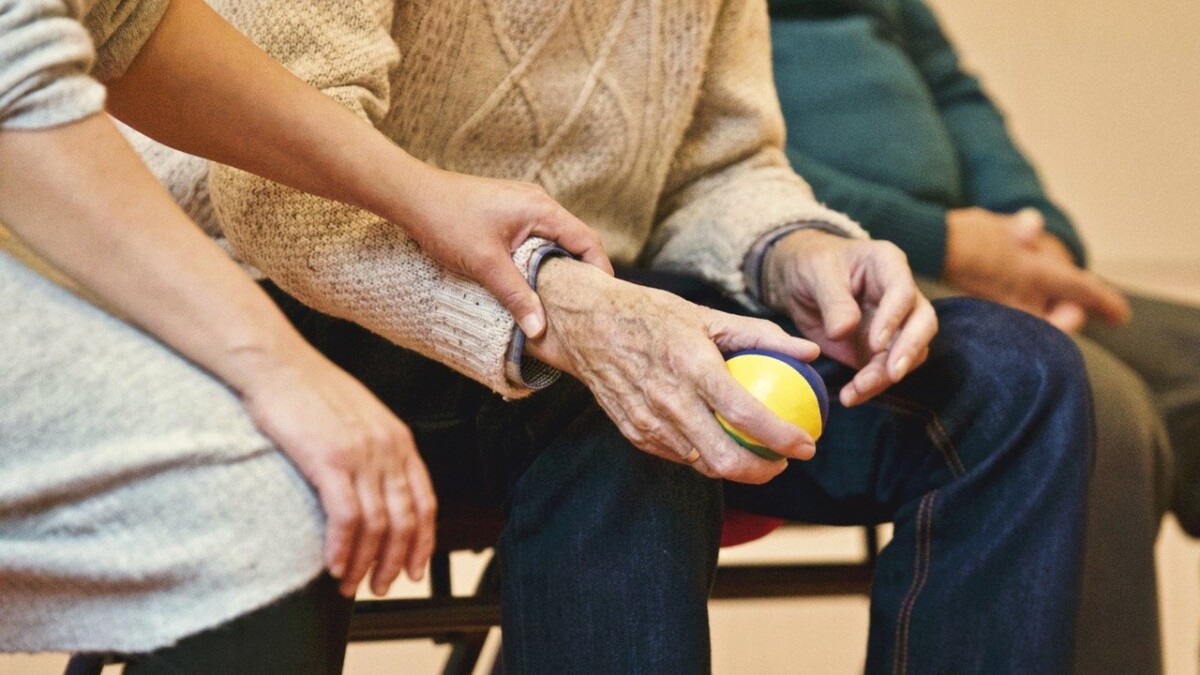Small charities stepping up to Covid challenges despite funding issues need more support, report urges
Small charities have continued their service delivery throughout the pandemic despite battling shrinking income pre-Covid, and the loss of funding as well as unequal distribution of emergency grants during the pandemic.
The findings come from the newly launched Small Charities Data hub and an accompanying report by Lloyds Bank Foundation for England and Wales: Small Charities Responding to COVID-19, which analyses qualitative data from a group of 180 small charities.
The hub is a new resource together five years of data – including from the pandemic – on small charities from a wide range of sources. It will be updated yearly, and is led by Lloyds Bank Foundation for England and Wales in partnership with the Small Charities Coalition, NCVO, LocalGiving, the FSI, Locality, 360Giving and others.
The data shows that:
- 96% of the UK’s 166,000 charities are small (with an income of less than £1m)
- Small charities saw a year-on-year decline in income leading into the pandemic. Whilst their second largest income source is from government, this has decreased in real terms by 20% since 2013/14 & is now at its lowest level in five years
- A third of small charities were dipping into their reserves before the pandemic, while almost a quarter of those with an annual income of under £100k had none to dip into
- 79% of small charities have lost funding since the start of the pandemic, while 43% expect to lose more than half of their annual income due to the crisis
- The availability of emergency grants hasn’t always been even – 6% of Covid-19 grants distributed to small charities went to the West Midlands, compared to 42% in London
Demand for small charities’ services has of course also increased during the lockdowns. As well as an analysis of the data, The Small Charities Responding to COVID-19 report tracks how the 180 charities have responded since March, and highlights the range of ways they have adapted their service delivery including through providing essential food, toiletries, and internet and phone data to people who are at risk of digital exclusion.
Most of these charities, regardless of the main focus of their services, also began supporting people’s mental health needs as more were affected by mental ill health and the risk of suicide and self-harm increased.
And, while £370m of emergency government funding announced in April was distributed through the National Lottery Community Fund, only 16% of small charities expect to be able to access the scheme. Many emergency grants from the government and independent funders will also run out in the spring.
Small charity Wyre Forest Nightstop and Mediation provides emergency accommodation for young people. Its CEO, Judith Ford, commented:
“By August, Nightstop had surpassed the nights of accommodation that it provided during the entirety of 2019. Most of our emergency funding will have to be spent by the end of March 2021 and will not address the ongoing problems being experienced by young people.”
Advertisement
Warning that many small charities will struggle to survive, the Foundation is calling on the government to commit to a series of measures:
- Provide long-term funding to small charities to protect their future.
- Provide support including sustaining universal credit for the poorest.
- Adequately fund and support local government and public services which have been cut over the last five years.
- Recognise the value of small charities and their expertise to ensure that communities get the best support and ‘build back better’ from the pandemic.
- Provide increased support to charities delivering services remotely.
Paul Streets, Chief Executive at the Foundation, said:
“Small and local charities have long been unseen heroes in their communities, providing a wide range of services and support but – as the data shows – they were already under financial pressure before Covid, with limited or even no reserves to fall back on.”
“To ensure small charities can help people and communities to build back better, we need national and local government, alongside independent funders, to commit to providing the funding for core costs they need using grants wherever they can and not contracts.”
![]()




